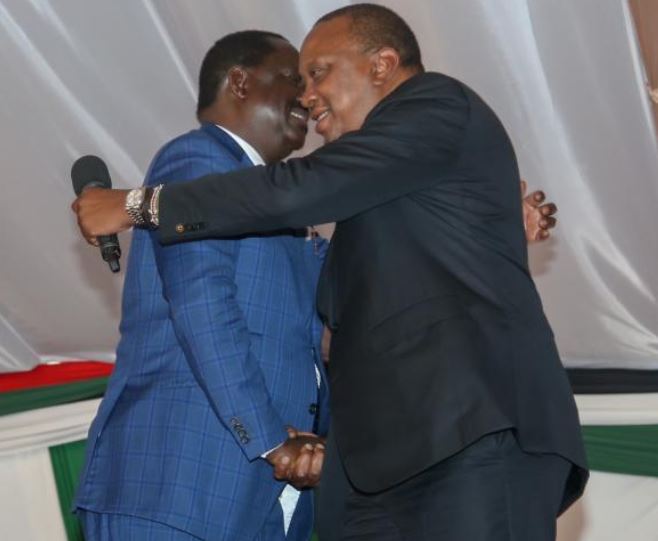×
The Standard e-Paper
Smart Minds Choose Us

It has been a 180-degree turn for NASA leader Raila Odinga in a span of a tumultuous year in which three key events defined Kenyan politics.
From his boycott of the October 2017 repeat presidential election, the January 31 swearing-in to the March 9 “handshake”, Raila clocked half a circle, leaving pundits questioning his next move.